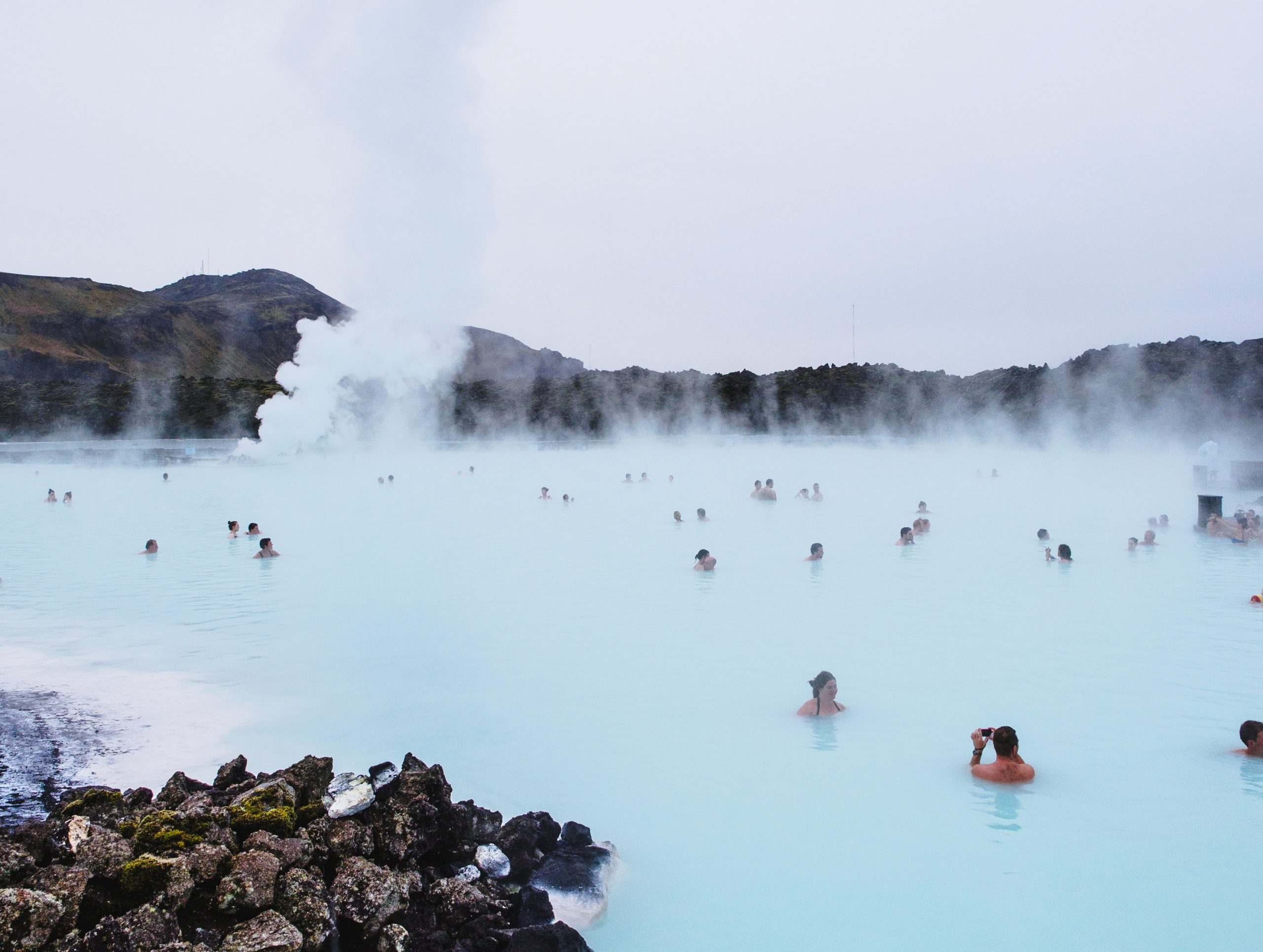Onsen culture in Japan
- 191 Views
- piturednik
- WELLNESS & SPA
Do you know what an onsen is in Japan? Simply said, “onsen” means a hot spring. Some people think this just means bathing in hot water, but that’s not really what onsen means.
Onsen culture is actually deeper than we can imagine, and we will try our best to introduce you to the true meaning of this culture, as Japanese people really love hot springs and healing water.
First of all, we will define the word “onsen”. It represents a hot springs in Japan, which means bathing in warm or medicinal water, which is naturally heated by the earth. In Japan, there is also a “sento”, which is a public bath that takes tap hot water. The difference between these two terms lies in the water that is used, as well as the smell and texture of the water, and the temperature of your body after bathing. Onsen experience means water with a lot of minerals, since it is heated by the earth, and minerals from such water give you a completely different experience. After bathing in this kind of water, you will feel the true charms of Japanese baths.
In Japan, to call a thermal water onsen, it can’t be just warm or hot water. Onsen water must be above 25℃ and contain a certain level of minerals. In Japan, throughout the country, there are many volcanoes, which have naturally created various sources of thermal water. There are about 27,000 thermal water sources, as well as 10 different types of onsen water. Such spas with thermal waters are not just for bathing, they are places for relaxation and enjoyment. During the onsen experience, you can also experience “toji”, a way of treating certain diseases with medicinal waters. It is precisely for these reasons that the culture of thermal waters developed in Japan and has such a rich tradition. In the small Japanese city, Beppu, there is the largest number of such baths, many of which have water with a temperature above 42℃. The Japanese respect the “onsen culture” so much that for them it is a place of relaxation from everyday worries, some even practice going to such baths several times a day, in the morning, at noon, in the evening and before going to bed.




